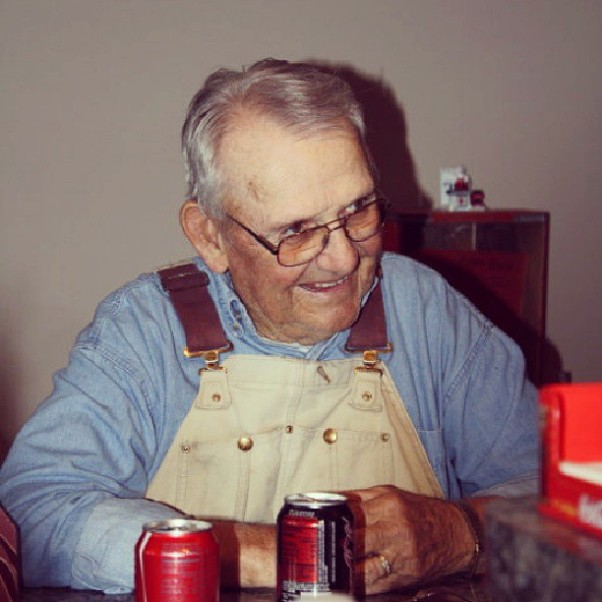Six months ago, give or take, my husband and I adopted a puppy. At its core, not a life changing decision, at least not at first glance. An animal, albeit a soon-to-be very large one, not a child whose future would come to be shaped by our every decision.
And yet, something about it was drastically life changing. That puppy turned out to be a sickly one, who required more time and energy than we could have ever assumed. She also turned out to be a crier – vocal about her every displeasure, and stubborn enough to hold her wailings for hours without tiring out. Suddenly our quiet little life, which had always revolved around each other, expanded to include a third (incredibly demanding) entity.
Now don’t get me wrong: I love that dog more than I would have ever thought possible. Her persistent happiness is infectious and has, on more than one occasion, managed to pull me out of my habitual anxious tailspins. The way she bounces around the yard like Tigger when it snows makes winter more bearable. She’s never a burden, but she is a responsibility, and responsibilities always require sacrifice.
I could talk about the friends who don’t understand why I didn’t want to leave a tiny puppy at home in her crate at night so we could hit the bars. I could talk about the ones who don’t like dogs, and can’t particularly hide their disdain for our ‘life choice’. But the biggest sacrifice has been the time I spend with my husband, the precious minutes we have in a day that were previously unburdened by outside influence.
The first few months were hard – we fought a lot, and when we weren’t bickering it was because we were too tired to. Indie cried through the night, required constant vigilance all day, and until we’d invested enough time into her crate training, we rarely had a minute to ourselves that didn’t belong to strategizing about her care.
For a couple who built their relationship on communication, it was rough. My husband and I like talking – we’re best friends who value each other’s company over anyone else’s. So it was only around month three, when our life settled into its new rhythm and Indie stopped requiring so much of us, that we managed to reestablish our relationship now that it included her.
We’re better now, especially since her puppy energy has dissipated into an endearingly persistent desire to chew tennis balls on the couch while my husband and I talk and laugh and connect. But the first few months of her adoption have left a lasting impression on my previous desire to eventually fill our house with children – to be exact, it’s completely erased it.
I know other couples make it work. And I’m sure most think it’s worth the sacrifice. But children are a bigger commitment than puppies. They require years, not months, before your lives are your own again. And, however selfishly, I love my husband too much to sacrifice our relationship on that grand a scale, for that long a time. Our marriage works because we talk. Because we laugh, play video games, cuddle, watch TV. Our newlywed bubble never really burst to include life outside our marriage – we prefer each other over anyone else in the world.
Now I’m not saying that our marriage would crumble if we spent a decade or two dedicated to raising children. But I am saying that we would lose something that I’m not willing to give up, not at this point in my life. Maybe not ever.
Maybe I’ll just fill our house with puppies instead.
